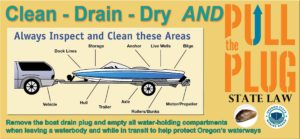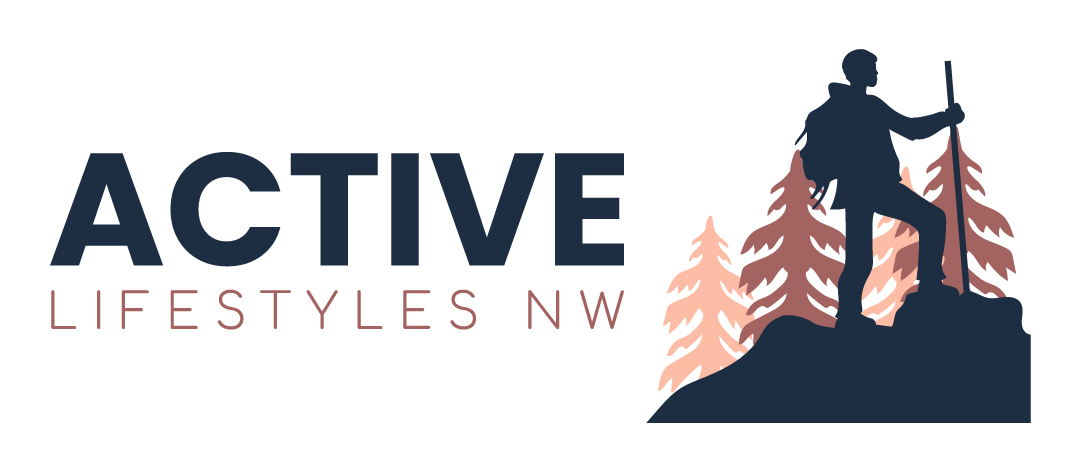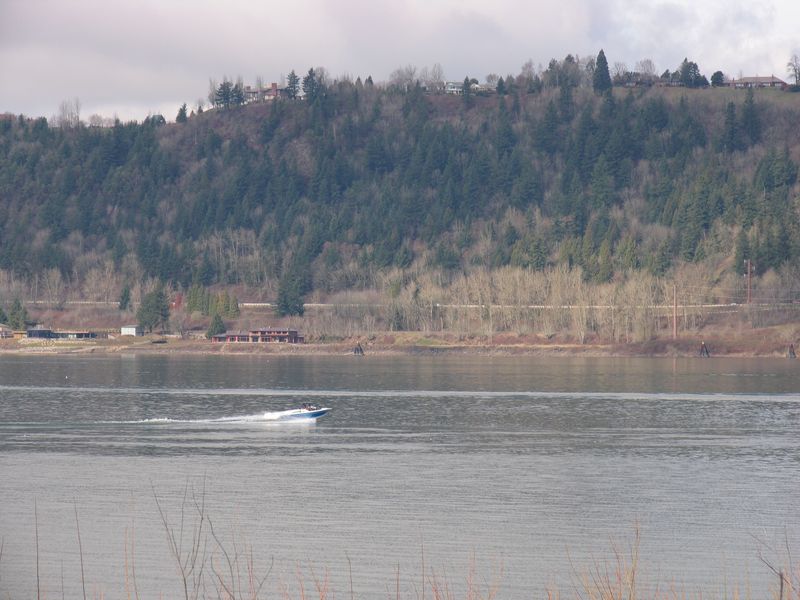Caption: A small runabout cruises the Columbia River near Portland, Oregon.
A new Oregon law requires owners all non-motorized boats 10 foot and longer to purchase a Waterway Access permit.
The new law presents yet another obstacle for recreational kayakers and rafters enjoying their chosen sport. It would be nice if the government would just pay for more services through public taxation rather than create all these confusing fees, which in reality, are just new taxes.
The permits are transferable to other non-motorized boats and children 13 and younger do not need a permit. The permit purchasing options are 1 week for $5 (valid for 7-days from the date of purchase through ODFW), 1 calendar year for $17, and 2 calendar years for $30.
Revenue will be used to support boating facility grants for state agencies, local governments, park organizations and tribal governments for the acquisition of property, leases, or easements in order for the public to access waterways and construction and maintenance of boating access facilities.
Funds will also be available for public bodies and non-profit entities to develop safety education courses and to purchase boating equipment in an effort to reduce barriers for underserved communities wanting to learn how to safely boat on Oregon’s waterways.
A portion of the revenue will continue to fund mandatory boat inspection stations and statewide aquatic invasive species prevention efforts through a partnership with the Oregon Department of Fish and Wildlife.

Another new law requires boaters to “pull the plug” after retrieving their boat and while transporting the boat on land. By allowing all water-holding compartments to drain, any aquatic invasive species will remain at the waterbody and not survive during transport, improving the odds of not spreading or introducing aquatic invasive species to Oregon’s waterways.
This law works closely with mandatory boat inspection stations that now give law enforcement the authority to require drivers who by-pass an open aquatic invasive species inspection station to return to the station for inspection/decontamination if the station is within 5 miles.
Oregon boaters are currently required to complete an approved boating safety course prior to operating a boat with a motor greater than 10 horsepower. New updates remove the 60-day exemption for people who purchase a new or used boat and visitors from out-of-state.
Out-of-state visitors are required to carry a card showing they have completed the level of education required in their home state of registration. If none is required, Oregon will accept any card for a NASBLA-approved boating safety course from other states.
Boat operators from Washington State, who are exempt from the Washington mandatory education requirement, would need to either complete a Washington boating safety course and carry the Washington State card, or complete an Oregon -approved boating safety course and carry the Oregon card. The courts and the Marine Board are also now able to suspend the Boater Education Card for convictions for Boating Under the Influence of Intoxicants (BUII) for one to three years and allows for the suspension of the boater education card for one year for a conviction of reckless boating.
The fine for not carrying a life jacket was reduced from a B violation ($265) to a D violation ($115). In 2018, officers issued 826 warnings and 323 citations for adult life jacket violations. The agency expects this law will likely result in more citations and fewer warnings. Child life jacket violations (12 and younger) remains a Class B violation.
Motorized boat titles and registrations were increased by 33%, or $1.45, and fees are combined into a flat fee based on boat length. Boat title fees will increase to $75 and the boating safety education card will increase to $20.





